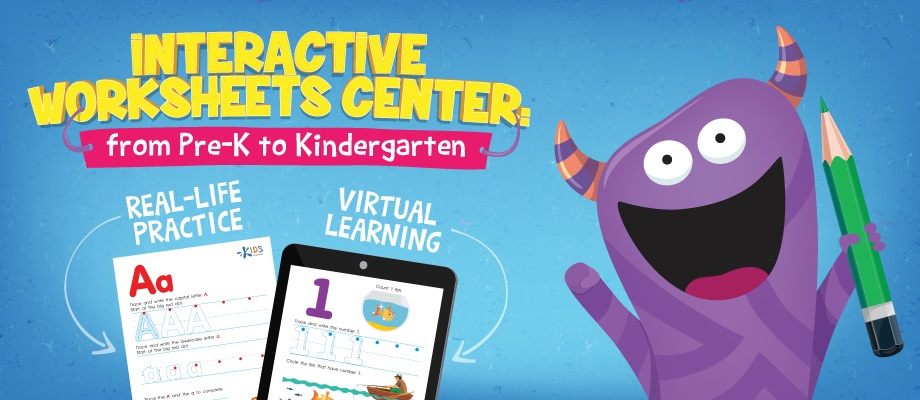Rhyming worksheets activities for 4-Year-Olds
1 filtered results
-
From - To


Rhyming Words: Assessment Worksheet
Rhyming worksheets activities are a fundamental tool in the development of early literacy skills among children. These engaging and interactive exercises not only make learning fun but also offer a multitude of benefits that extend far beyond simply recognizing words that sound alike. Here's why incorporating rhyming worksheets activities into a child's learning regimen can be incredibly useful.
First and foremost, rhyming worksheets activities enhance phonemic awareness. By engaging with rhymes, children become more attuned to the sounds within words, which is a critical stepping stone in learning to read. This heightened sensitivity to phonics allows young learners to decode words more efficiently, making reading a less daunting task.
Moreover, rhyming worksheets activities bolster vocabulary. As children encounter rhymes, they are introduced to a variety of new words within a meaningful context. This not only expands their lexicon but also improves comprehension skills. Understanding the relationship between rhyming words encourages learners to make connections between similar sounding words and their meanings, fostering deeper language comprehension.
Additionally, rhyming worksheets activities stimulate cognitive development. The process of identifying rhymes demands attention, memory, and analytical thinking, as children must discern which words sound alike among a set presented to them. This kind of mental exercise is crucial for developing strong cognitive skills that are applicable across all areas of learning.
Engagement and motivation are also key benefits of rhyming worksheets activities. The playful nature of rhymes captures the interest of young learners, making the experience of learning more enjoyable. This positive association with learning can instill a lifelong love of reading and exploration.
In conclusion, rhyming worksheets activities are invaluable in the early stages of literacy development. They not only lay the foundation for reading and writing skills but also encourage a positive attitude towards learning through engaging and interactive means.
 Assign to the classroom
Assign to the classroom




.jpg)







